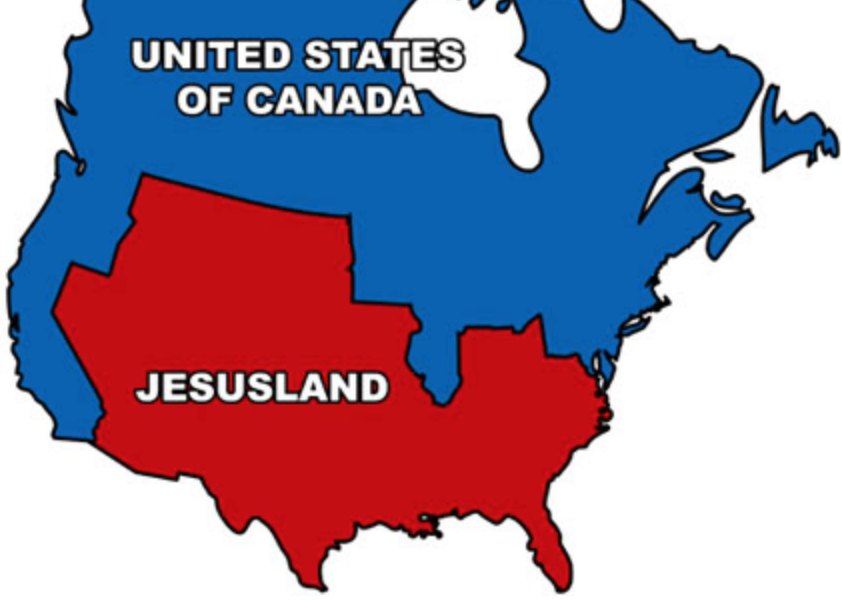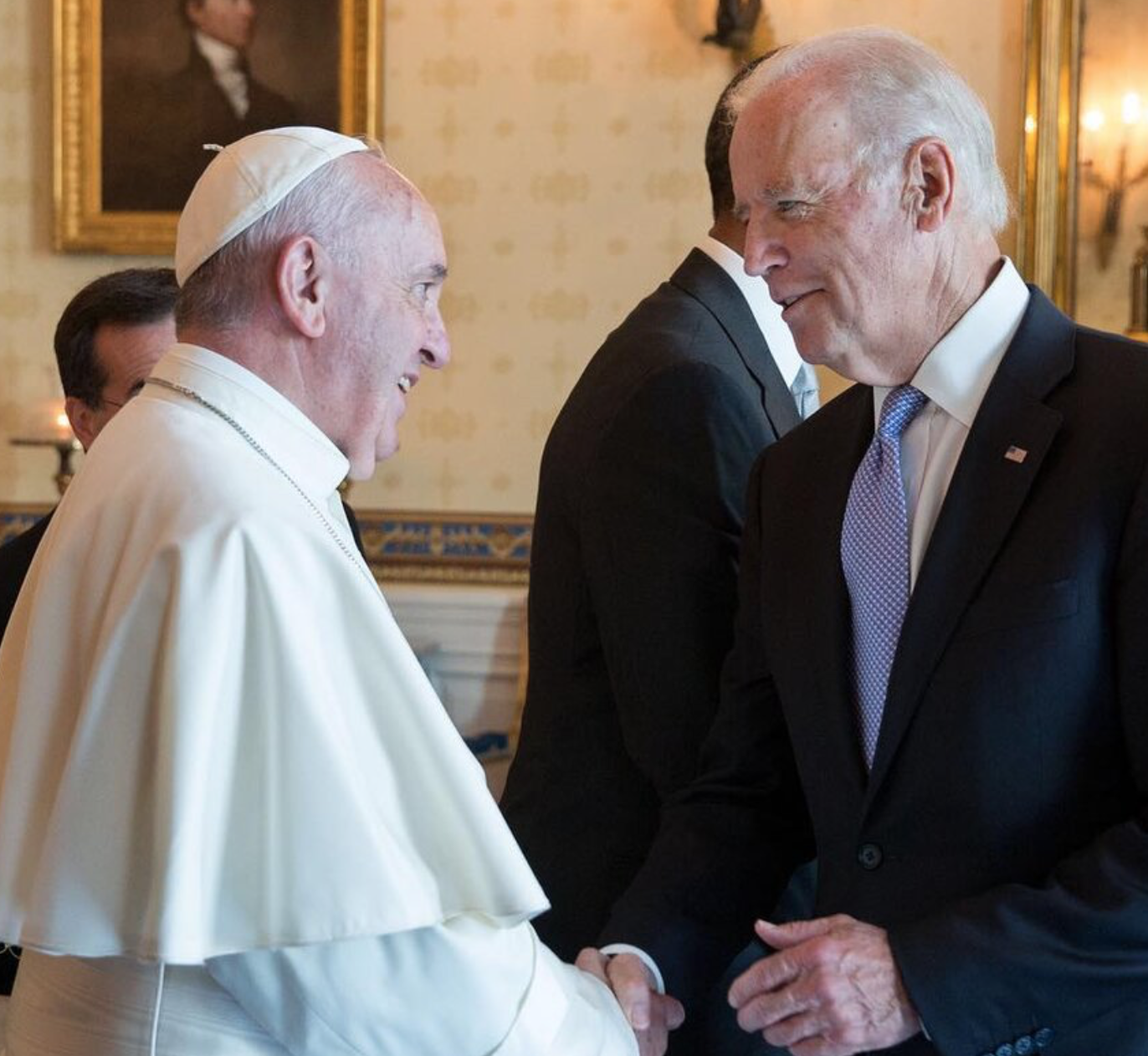One of the trends I have been tracking a bit recently is the concept of “cultural Christianity.”
There’s really no settled definition of what it means, but I’ve always conceived of it as people who like the idea of being Christian without all the obligations or attachments of being part of a local church community. In other words — religion without all the hard stuff.
Once upon a time — especially in the American heartland — it really helped to be a member of a religious flock, to one degree or another. It was good for business. It offered positive social ties, especially if your pew was in a respectable mainline church. Those days are gone in many, many zip codes.
But here is the Big Idea for this post: There seems to be two competing forces in American politics and religion. The first is that we are becoming more religiously polarized — the rise of the nones on the left, but also the consistent strength of those conservative religious traditions on the right. However, a countervailing narrative is that despite that bifurcation of faith in the United States, Americans still have an overriding deference to religious expression — especially if it's the Christian religion.
The starting point for this post is a graph with a strong political-news hook.
Democrats who leave religion behind, just walk from all of it. Among those who never or seldom attend religious services, just 10% say that religion is very important. That hasn’t changed in the last 14 years.
However, among Republicans who never or seldom attend religious services, the share who say that religion is very important has risen from 17% to 27%.
Attention journalists: It’s this fusion of conservative political ideology and religious identity — without the behavior part — that is really worth watching, especially in GOP primaries where voters have more options (think, other than Donald Trump in recent years).










